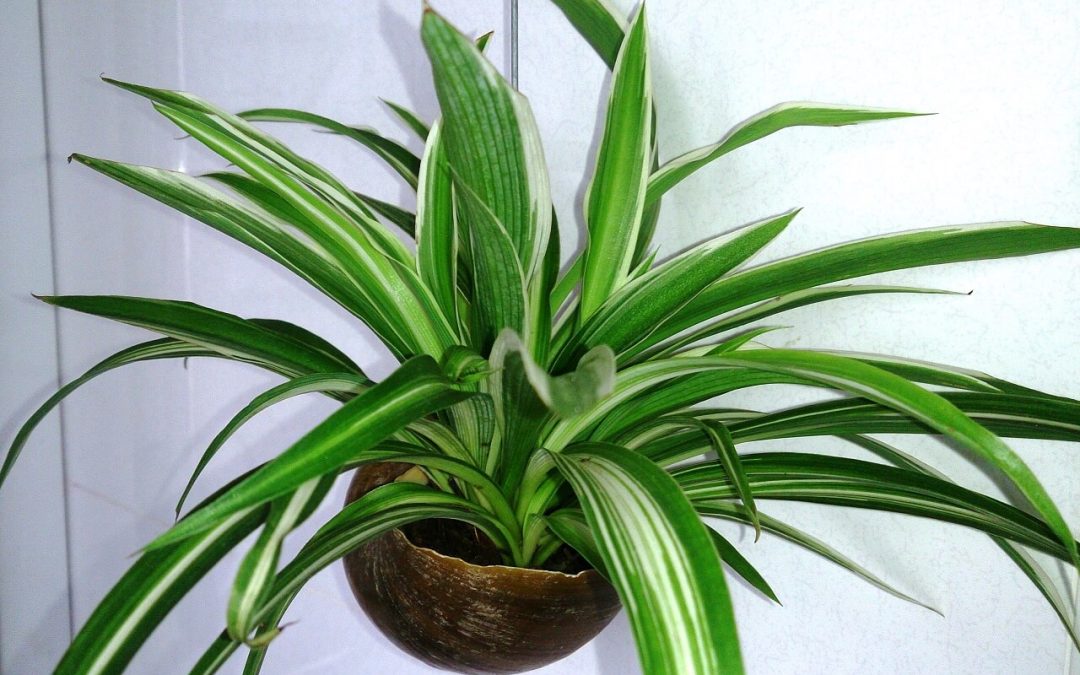Safe Houseplants for Kids and Pets
If you’re searching for safe houseplants that look great and are non-toxic to both kids and pets, you’ll find some suggestions below. Let’s look at non-toxic plants to enjoy in your home and a few plants you should avoid if you have children or pets in the house.
Spider Plant
The spider plant is safe and non-toxic for both kids and pets. It’s one of the most common safe houseplants you can get, so they’re easy to find at your local nursery.
Spider plants have a trailing habit with long, thin stems that hang down. The leaves look like a spider’s legs, giving it its name. The spider plant is an excellent choice for hanging baskets or planters on a patio or porch.
African Violets are Safe Houseplants
The African violet is also safe to keep in the house. This beautiful flowering plant has dark green, velvety leaves and blooms with brightly colored flowers. African violets make a great addition to any home and are safe for kids and pets.
Safe Houseplants Include Bromeliads
The bromeliad is a safe houseplant that’s also non-toxic to cats and dogs. It has long, green leaves and grows in a tall, upright stalk. Bromeliads produce colorful blooms that last for several months.
Prayer Plant
The prayer plant is a safe houseplant with long, green leaves that have bright red, yellow, or white colors on their underside. They don’t like direct sunlight and can tolerate an irregular water regimen. They enjoy humidity, so spray the leaves with water often.
Phalaenopsis Orchids (Moth Orchids)
The phalaenopsis orchid has long stems with delicate flowers on them. They’re safe for pets and kids to be around and non-toxic if ingested. Moth orchids are safe to keep in your home and look great as a centerpiece.
Avoid Toxic Plants
Some common houseplants are toxic. To keep your family safe, remove these plants from your home: English Ivy, dieffenbachia, peace lily, philodendron, and poinsettia.
When a child or pet ingests a toxic plant, they may experience symptoms from mild to life-threatening. Some of the most common symptoms of plant poisoning include:
- Nausea
- Vomiting
- Diarrhea
- Abdominal pain
- Excessive drooling
- Difficulty breathing
- Seizures
Contact your local veterinarian or poison control center immediately if you know or suspect that your child or pet has ingested a toxic plant.
Marked Improvement Home Inspection provides inspections in the Triangle area of North Carolina. Contact us to request our services.

